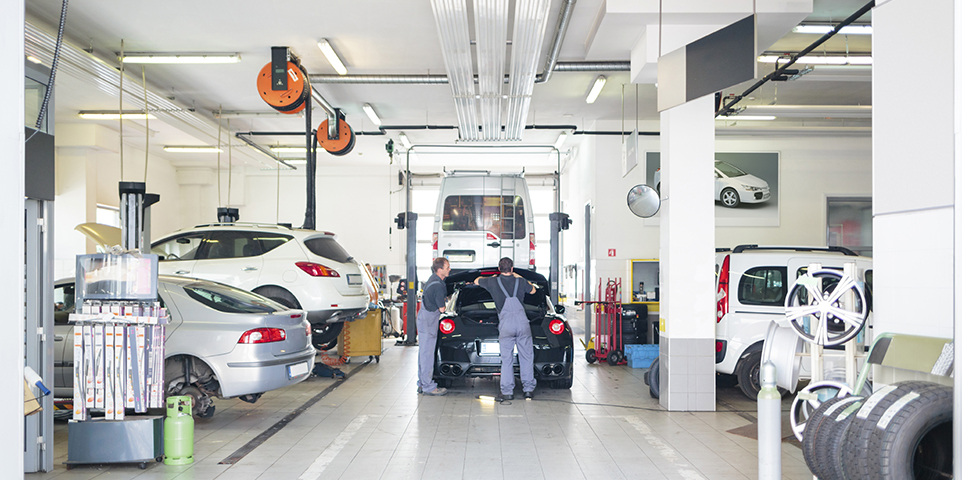MEMBERSHIP
AMPLIFY
EN ESPAÑOL
Connect With Us
- Popular search terms
- Automobile
- Home + Renters
- Claims
- Fraud
- Hurricane
- Popular Topics
- Automobile
- Home + Renters
- The Basics
- Disaster + Preparation
- Life Insurance

After an automobile accident, you want to make sure that you are adequately paid for the repair or for the value of your totaled car. Here's how.
There are several guides to determine the current value of your car for insurance purposes—for example, Kelley Blue Book, and the National Association of Automobile Dealers' NADA Guides.
Note that most standard auto policies will not pay to repair a vehicle if it is "totaled"—that is, if the repairs cost more than the cash value assigned to the car. It is up to your insurer to decide whether to pay for repairing your car or to declare it a total loss and pay you its book value.
However, you may be able to make a case that the pieces of the car were worth more than the book value and so increase your settlement. To do that, you'll have to submit evidence such as mileage records, service history and affidavits from mechanics to show that your car was worth more than a typical car of its make and model.
When you file your claim, your insurance company will refer you to a claims adjuster, who will verify the loss and make an initial determination on what it will cost to repair the car.